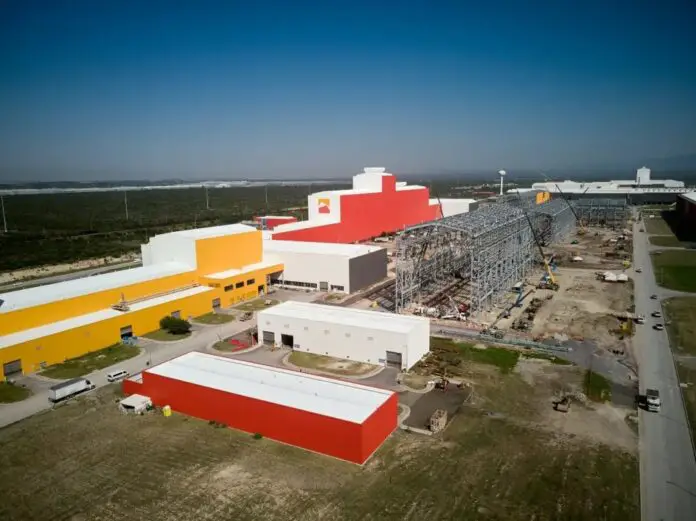The pieces are in place for Mexico to emerge as a manufacturing hub. US-China tensions have opened the door for an export surge, with companies lining up for power permits in previously undeveloped areas and bidding wars breaking out for industrial space.
However, the country is still waiting for a significant influx of foreign investment to boost its economy.
Despite Mexico surpassing China as the top exporter of goods to the US last year, its economic growth is slowing, and the promise of nearshoring has yet to be fully realized. This delay is partly due to companies waiting for the outcome of the US presidential election and its impact on trade policy. Additionally, long-standing challenges such as electricity shortages and political instability have hindered Mexico’s potential.
“It’s things like not having access to affordable, consistent, clean energy,” said Shannon O’Neil, senior vice president at the Council on Foreign Relations and author of *The Globalization Myth*. “It’s ongoing insecurity. And it’s the political uncertainty that’s been introduced into the business climate.”
New President Claudia Sheinbaum is determined to ensure that Mexico seizes this opportunity. The environmental engineer-turned-politician campaigned on boosting infrastructure development and supporting nearshoring—the trend of companies setting up industrial operations in Mexico to be closer to the US market. However, her party has also pushed through one of the largest judicial overhauls in the nation’s history, causing corporate leaders and foreign investors to question the legal certainty of investing in the country.
Mexico’s economic growth is projected to slow to 1.5% in 2024, down from 3.2% in 2023, according to a Citigroup Inc. survey of over two dozen analysts. Since 2022, most foreign direct investment has come from reinvestments by companies already operating in Mexico, rather than new investments, said Felipe Hernandez, who covers Latin America for Bloomberg Economics.
“There was a strong increase in investment after the pandemic,” Hernandez said. “But the momentum was lost this year, even if investment remains high.”
Mexico has seen some notable investments. Taiwan’s Hon Hai Precision Industry Co., also known as Foxconn, recently announced it is building the world’s largest assembly plant for servers housing Nvidia Corp.’s most advanced Grace Blackwell chips in the country.
Source: Yahoo News






